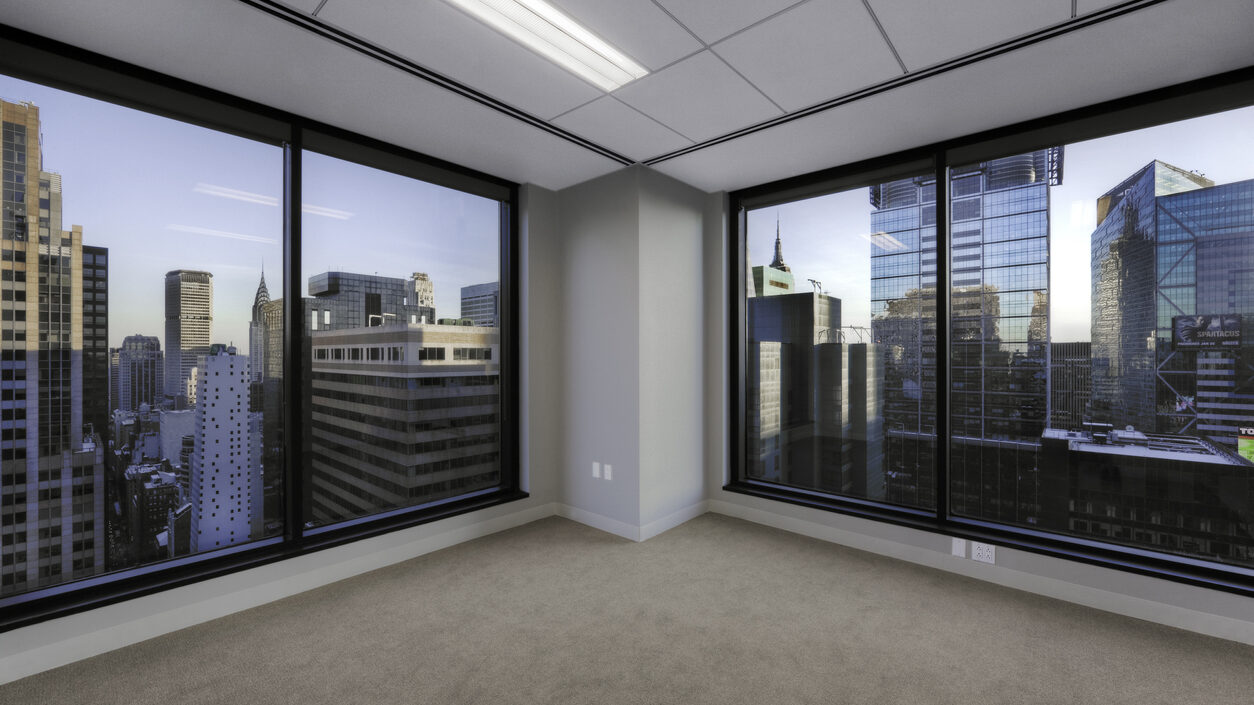Major cities across the United States have vacant office buildings throughout their downtown areas. These unused buildings sit idle when they could be generating massive amounts of revenue. The answer is simple, especially when we are in the midst of a nationwide shortage of affordable housing. While only certain buildings qualify for this type of adaptive repurposing, those that do can be turned into affordable apartments for many families who have few options when it comes to finding an affordable place to live.
Affordable Housing Shortage
With many developers opting to build luxury condos or high-end apartments, people who need affordable housing are left to fend for themselves. Many low- to mid-income families live within the city limits of larger cities like Los Angeles, Chicago, and Detroit and have difficulty finding housing they can afford. By converting vacant office buildings into affordable housing units, families can find a place to live with all the amenities close to where many of them work.
Too Many Vacant Buildings
The COVID pandemic introduced a hybrid work environment. Many companies downsized the amount of office space they required by allowing employees to work from home and visit the office periodically. With so many businesses using this new model, the number of vacant office buildings in major metropolitan areas skyrocketed dramatically. Once the pandemic was over, people continued to work from home and began utilizing advanced technology for added convenience. Zoom meetings took the place of corporate, in-office meetings and people spent more time working and less time commuting leaving office buildings setting empty and unused.
Adaptive Reuse and Repurposing
Converting former office buildings into affordable housing units is a form of adaptive reuse that both developers and communities can benefit from. This type of repurposing takes unused, opened spaces and turns them into multi-unit residences that are more affordable than luxury condos and high-end apartment complexes. Instead of downtown buildings remaining vacant and unused, they will begin to generate income as soon as they have been converted into residential units.
They Hybrid Environment
The hybrid work environment has changed the way many offices do business. While many require an office space to manage their business, others may only require a small amount of space with the majority of their employees working from home. With former office buildings being converted to apartments, many of those employees can now find homes closer to where they work in case they need to visit their office for any reason.
Zoning and Eligibility Requirements
In order for developers to repurpose former office buildings, the structures must meet specific zoning and eligibility requirements. With more and more developers gaining an interest in the adaptive reuse of these vacant buildings, zoning commissions are changing the requirements. In some larger cities, buildings completed before 2008 are being considered for these programs. In the past, only buildings built before 1974 were considered. The zoning changes will make it possible for hundreds of buildings across the country to be converted into affordable living spaces.
Everybody Benefits
Converting vacant buildings into usable structures benefits everyone involved. Real estate owners and developers can begin to generate revenue and families that need affordable housing will be able to find an apartment that meets their needs and fits into their budgets. Fewer vacant buildings will improve the downtown economy and lower the crime rate.
Being able to revitalize communities through adaptive reuse is one-way communities have found to improve the local cost of living and make it easier for families to find affordable housing that is both comfortable as well as secure. Converting offices into residences is one way that truly benefits everyone involved.




